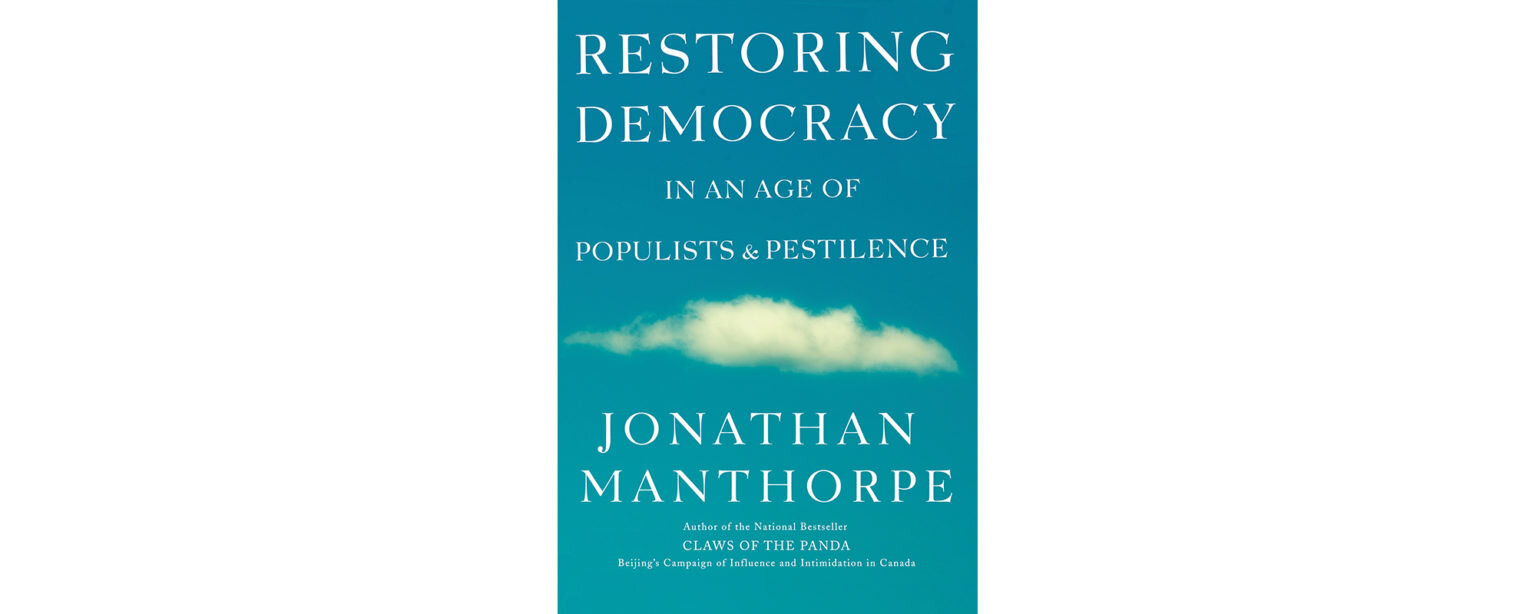When we encounter something we see is wrong, we automatically want to fix it - which hardly ever works. Right now we are dealing with the pre-eminent failures of our country and the wider world to address the two issues of our day - systematic racism and climate emergency. How we got here requires much study and reflection - but also the worldview we have inherited that put us where we are. I am working hard to understand the latter but for today I’ll look at what struck me most profoundly I didn’t know about the Indian Act from Bob Joseph’s excellent short book. It’s almost all of it. I was pleased to see an interview with him in the Globe and Mail this morning.
For a more global view of systemic racism the UN statement here is a good place to start.
These are the things among Joseph’s 21 that are most damaging
First nations had systems of government based on heredity that worked for them. We imposed an elected system that did not meet their needs and competed with their own. The traditional leadership often continued with different responsibilities allocated to the two systems, creating the same kind of disputes and confusion that we already live with between federal and provincial areas of jurisdiction.
Women had no status from 1869 to 1985. If a woman married a non status person, she lost her own status and had to leave the reserve. If a male married a person without status, that person was granted status on the reserve. Since women played a significant role in traditional leadership - and often succession was from a matrilinial line, this was a further outrage.
People were placed on reserves from 1876 until today. This meant that people were moved from the land they used with care and viability to places where they more often than not had little ability to flourish. Even then the government reserved the right to take reserve land away for public works.
They took away their names and gave them European ones. As the last of my branch of a family that can list its ancestors back several centuries, I can only imagine the effect of this.
They needed a permit to sell produce from farms - because their produce would compete with that those on the lands that were taken from them.
They could not buy guns, alcohol or go to pool halls.
Worship ceremonies were illegal. (They had to go underground - and they did.)
They couldn’t even leave the reserve without the permission of an Indian Agent.
That is enough outrage for one day. We will have to continue with more of it - and reckon with what is still in force.






